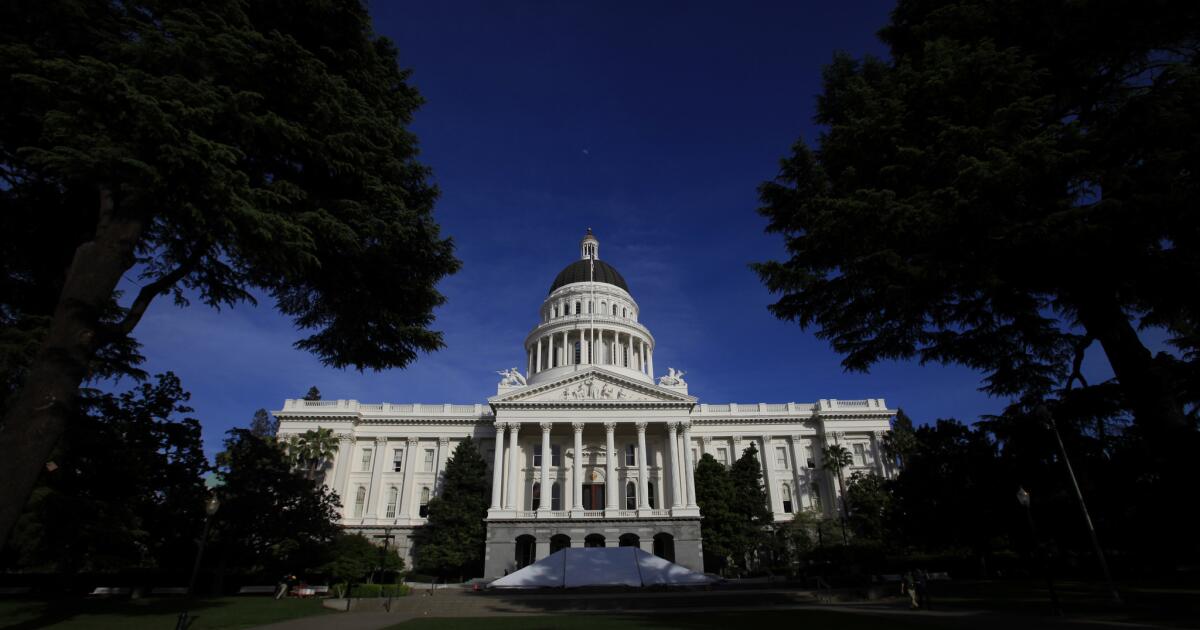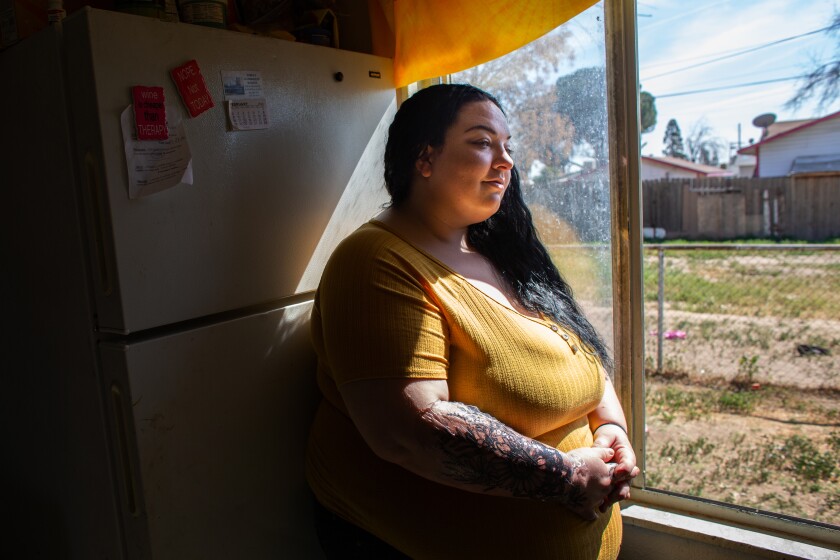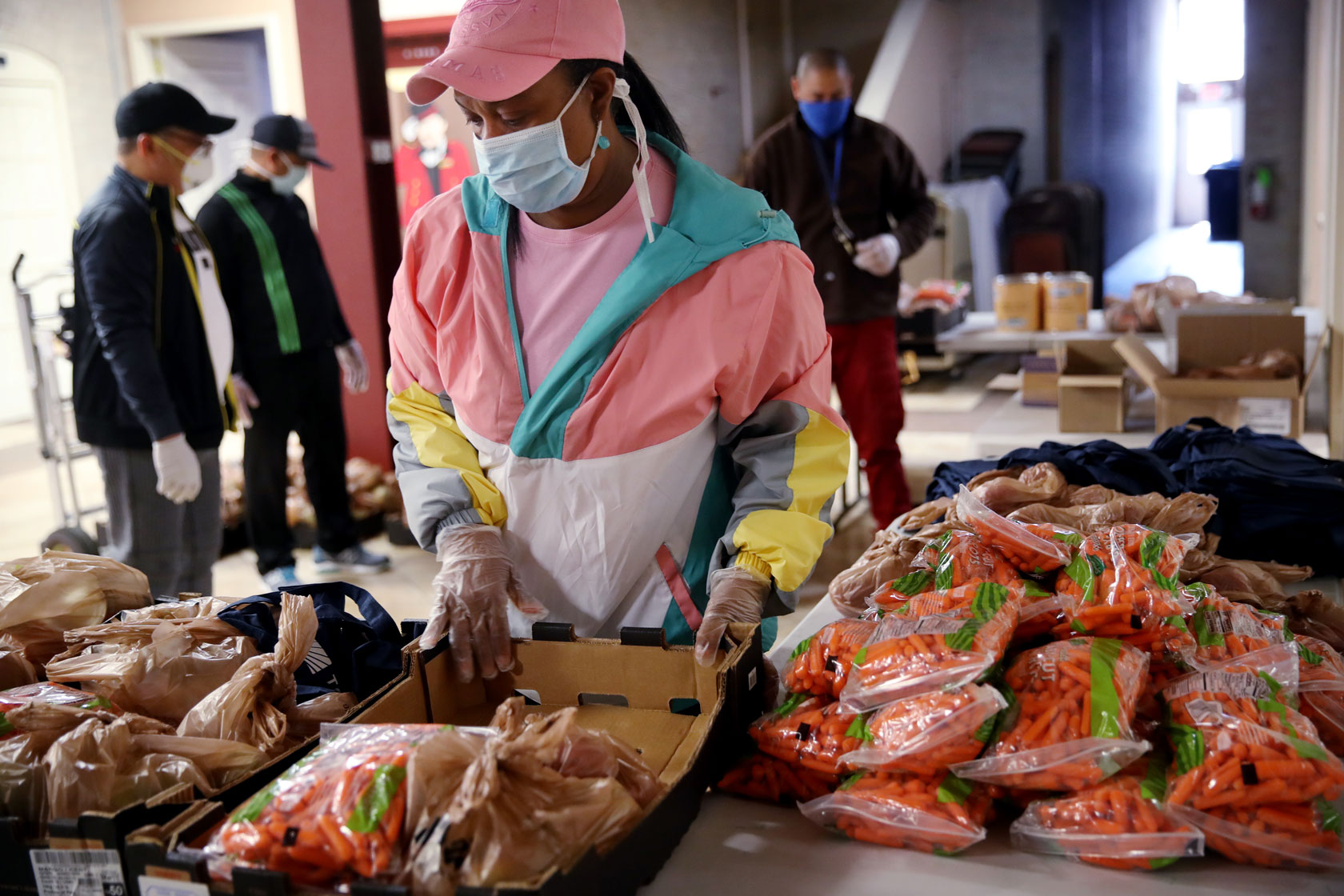I'm not sure what's the cause of higher mortality rates in the South, but there's probably mulitiple factors.
But sometimes, I believe some of these negroes working certain fast food chains, be tryna kill us. For example, plenty of times, when I would finish a meal that had fries that weren't all the way warm, but not cool enough to return, I would tell the cashier, or who's ever up front, that the fries weren't too fresh. Then I'd tell them I would let it go this time, but the next time, I'd have to return them. Instead of offering the next meal free, like they'd sometimes do, they'll offer to cook the whole meal for me again. Another large batch of fries, and another big greasy burger, could do alot of damage to the arteries, and I'm sure they know this. At first I use to accept that, until I woke up. Like I said, that's very dangerous these days, especially for a Black person my age, who was taking a chance eating there in the first place. Plus a second large meal would put on weight. One day, I asked one of those who offered me this, "Would you offer one of your parents another large fry, and another big greasy burger?". Then they gave me a "You caught me" look. Like I said, they know better. I guess I underestimated the hatred in a lot of these younger Black folks.
But a few days ago, when I went to IHOP for the first time in a minute, there was a sister at the cashier, who looked to be a little older, like in her early 40's. She was clearly from the hood part of Atlanta, but a little more mature. Although she was more mature, I could sense just a little hostility coming from her, by the way she kept cutting me off while I was talking, although she kept starting the consevation. I remember she said she had been battling some pretty serious health problems. Then when she gave the waiter my order, she told him to include extra syrup and butter...she may have told him twice, even though she just told me she was battling diabettes. I had no business eating those three pancakes anyway, along with that giant egg omlette. But I will say it was good. Anyway, when the young waiter brought me my food, he asked me did I really want extra butter and syrup. I guess he recognized my age. I could tell by the looks on his face, that he wouldn't be offering his parents any extra butter or syrup on anything, even if they asked. I'm not saying the cashier did this on purpose. But at the same time, and based on what I've learned about this whole Atlanta metro over the last 17 years, I can't say she didn't either. I just know she had a boat load of problems, and some how figured out I was retired, after I complained about how high the price had gone up, and that my measly 3.2 % or 2.2% raise wasn't helping much. I guess she put two and two together. I also like to keep my SUV nice and shiny, since I joined one of those 32 dollar a month unlimited carwash plans...which I'm about to drop if they don't stop acting a fool. It ain't like washing my own car wouldn't be great excercize for me. Anyway, my vehicle was parked right were she could see it through the glass.
Like I said, I don't know if that woman was tryna jack me up or not, but a lot of women in her situation, do these wicked things to men subconsciously. It's still dangerous, and it still needs to be controlled. Anyway, if I'm right about half of this, then you see why so many of us are walking around down here sick. But to give this woman the benefit of the doubt, a lot of times, they don't give customers enough butter and syrup for those pancakes, when you carryout. If the prices hadn't skyrocketed, I'd probably return, as good as the meal was. But something tells me a second visit wouldn't go too well.







